"Hungary and the United Arab Emirates have benefited greatly from bilateral cooperation so far, and both parties are ready to further develop their relations," hosting Minister of Foreign Affairs and Trade Peter Szijjarto said in Budapest on Thursday. According to the ministry's statement at a joint press conference with UAE Economy Minister Abdullah bin Tuk al-Marri, bilateral trade turnover grew by eight percent last year, and so far this year Hungarian exports have increased by another 18 percent, which shows that the market entry of domestic companies in the Middle Eastern country is becoming increasingly more successful.
In this context, he welcomed the signing of an agricultural cooperation agreement, which could create further opportunities for the export of Hungarian food products and technologies to the UAE. The breadth of cooperation is demonstrated by the fact that the two countries have also signed an agreement in the field of space research, which will help to internationalize the Hungarian space program.
The Hungarian minister also touched on the flagship project of building a new district around the Rakosrendezo railway station, which he said will give a new impetus to the development of Budapest.
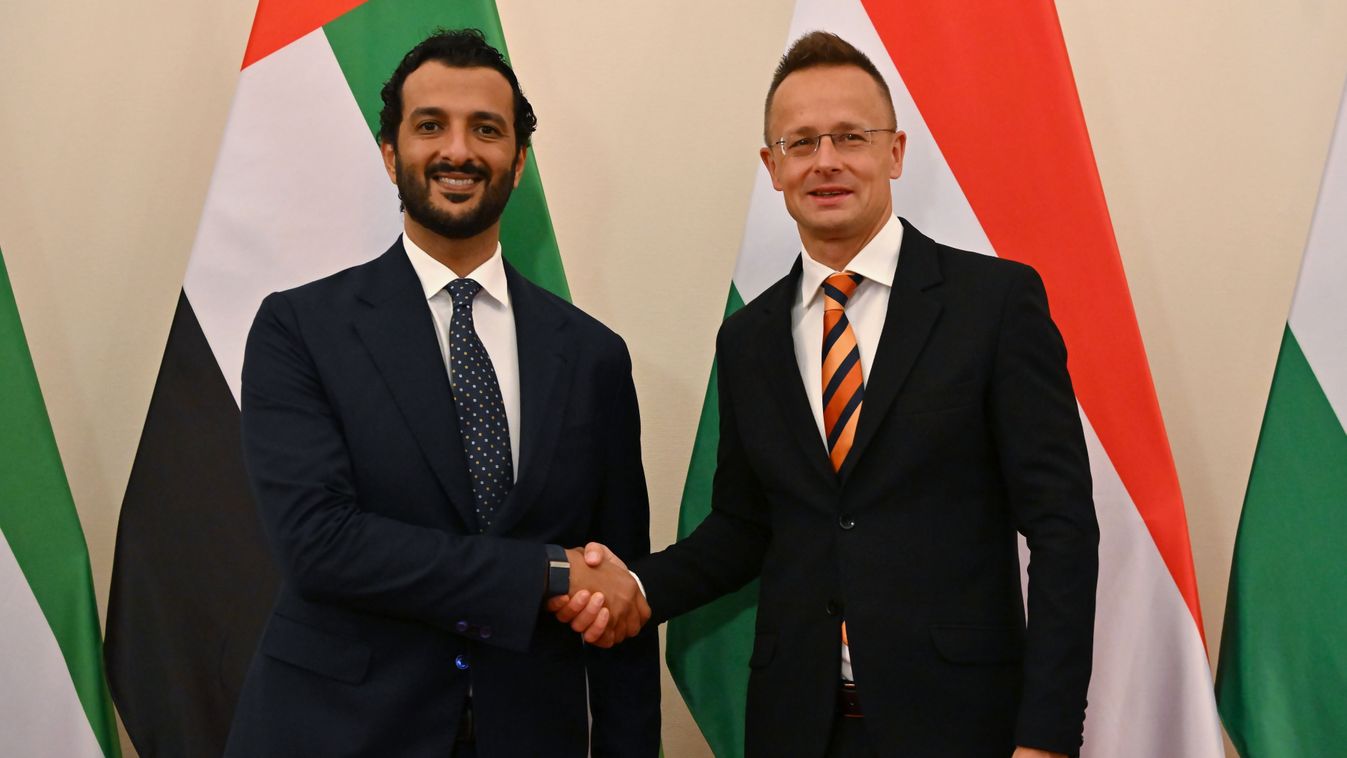
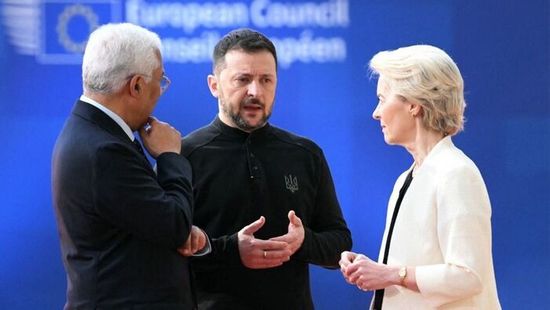
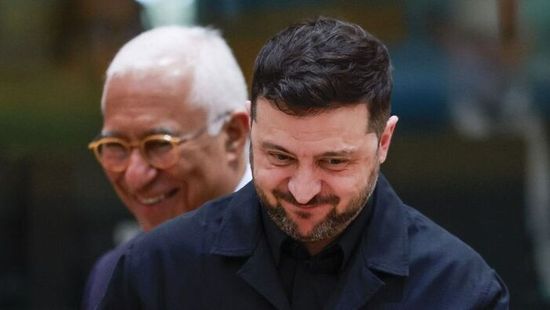
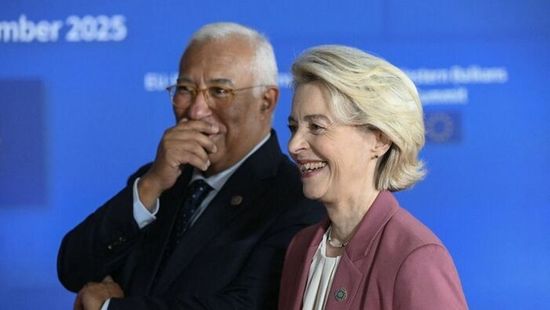
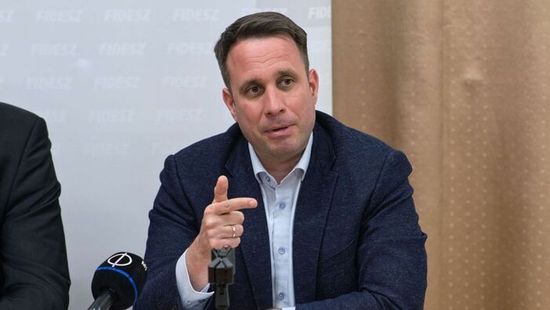


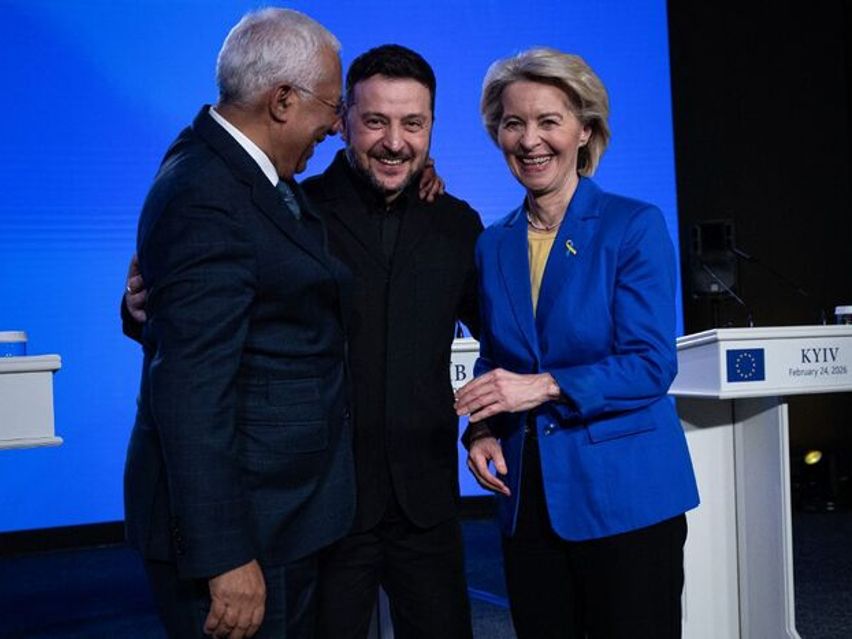
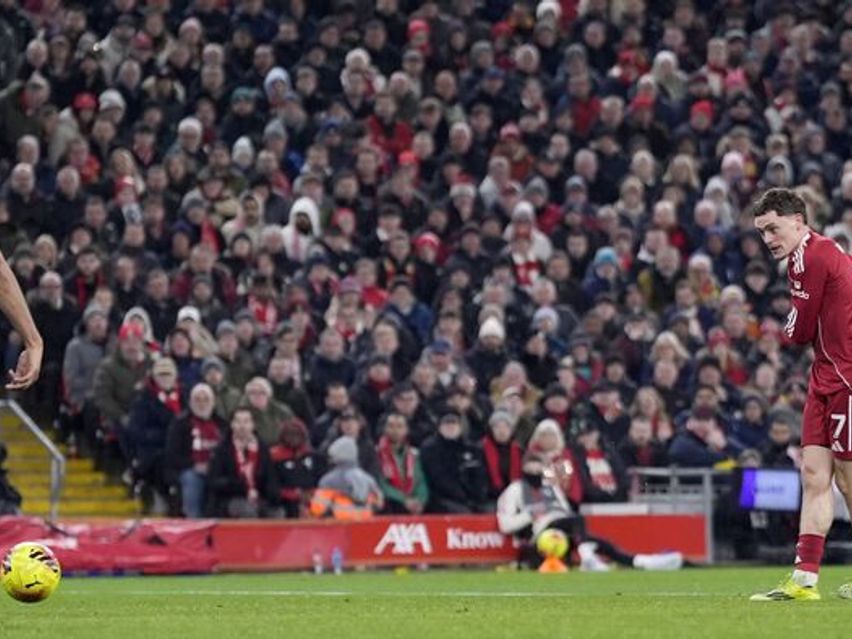
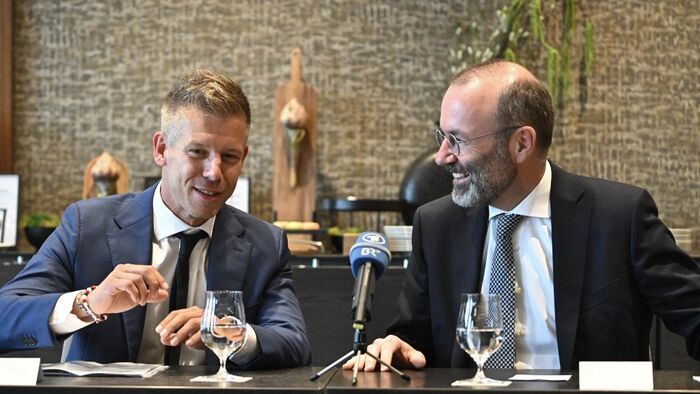

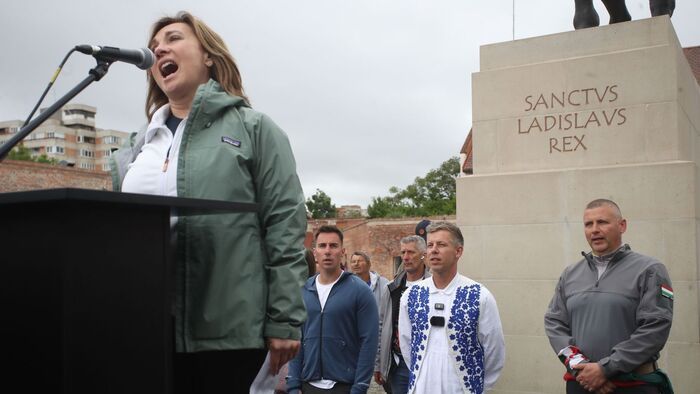


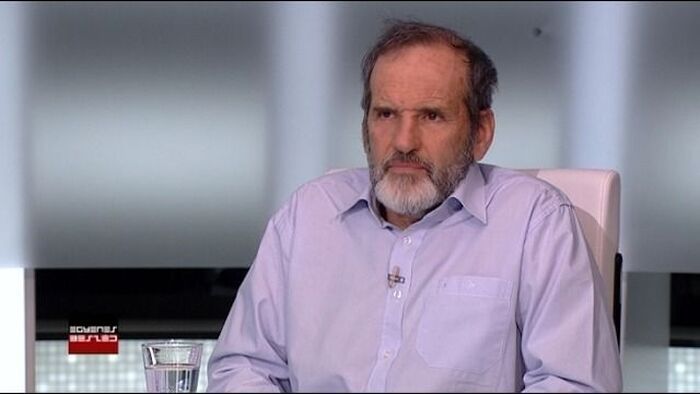
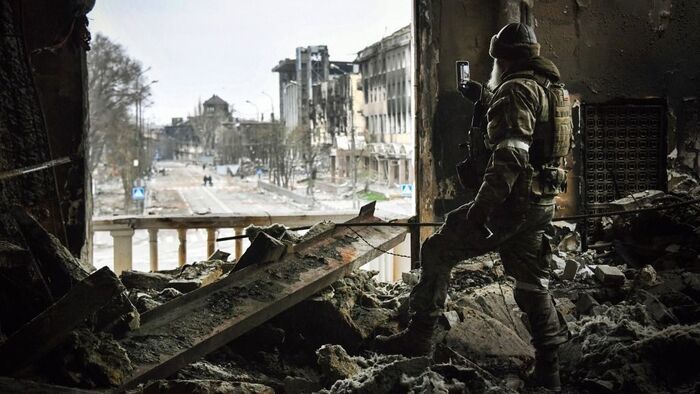
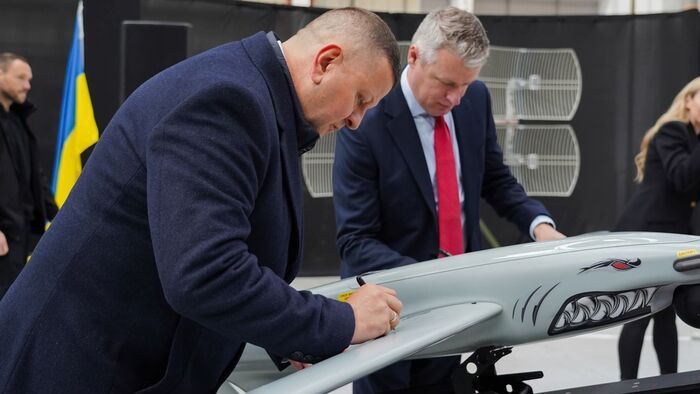
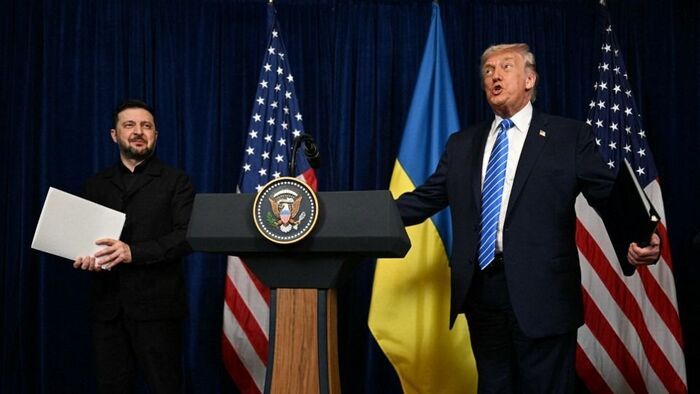

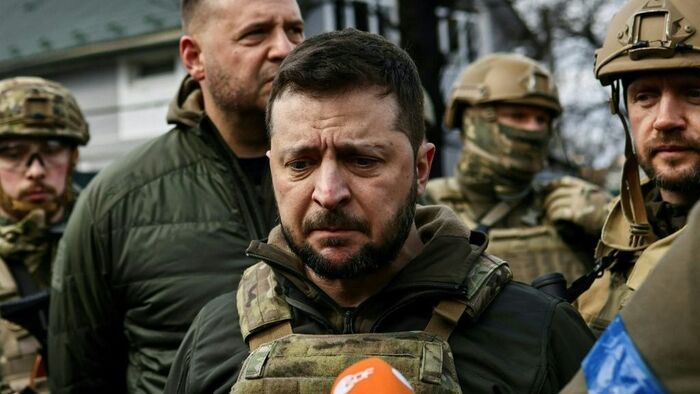
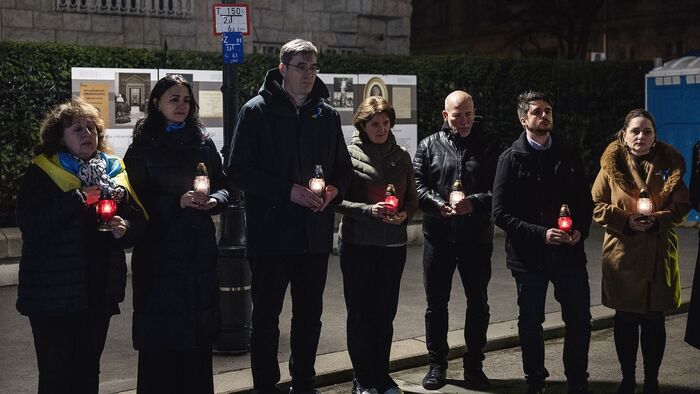

Szóljon hozzá!
Jelenleg csak a hozzászólások egy kis részét látja. Hozzászóláshoz és a további kommentek megtekintéséhez lépjen be, vagy regisztráljon!